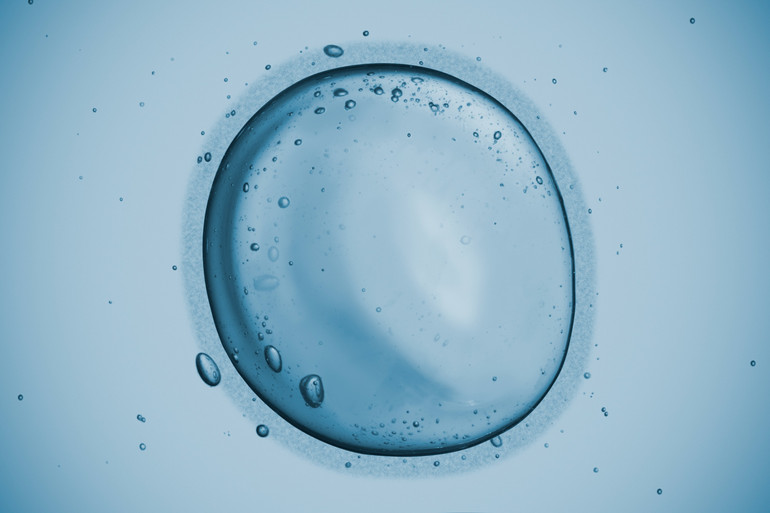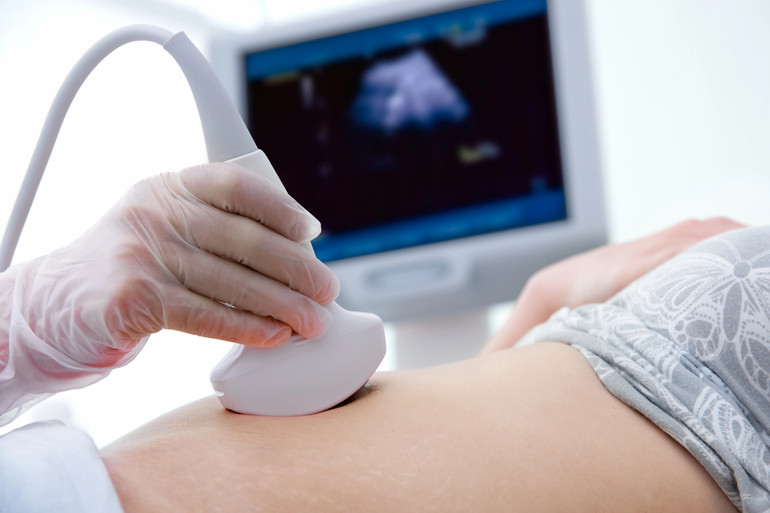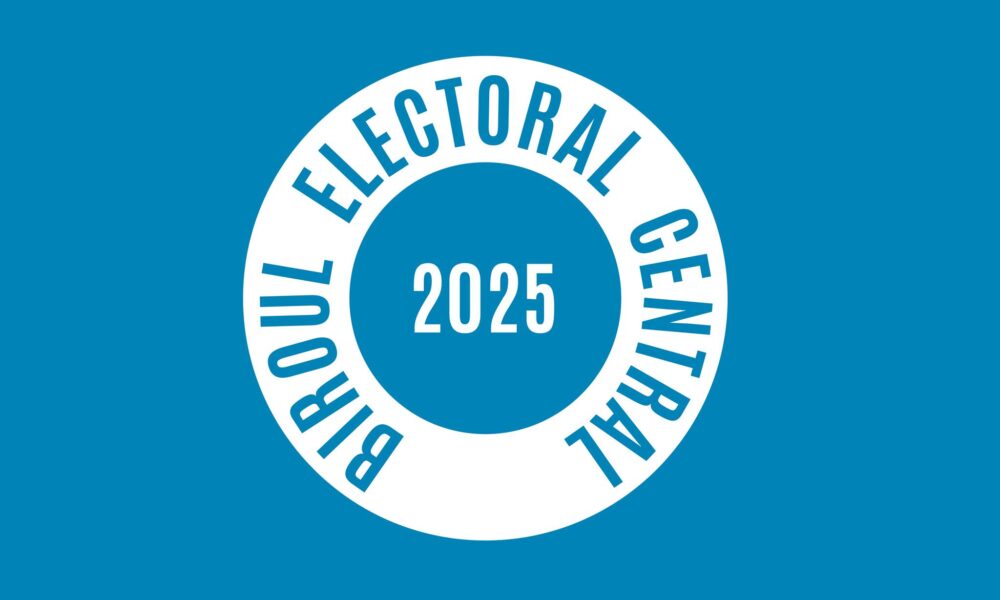What is female fertility and how to measure it

Pregnancy is a condition that comes and occurs in every woman differently. Someone manages to conceive a child « on the first attempt », and someone cannot do it for years.
The ability of the body to pregnancy and birth is called female fertility.
As part of the Special Product « Ask Life » we learned:
-
What are the main fertility rates in women and at what age it is highest;
-
What is an egg supply and how it is evaluated;
-
What to do in the case of a reduced egg reserve.
We were helped in this:
-
Gynecologist’s midwife, reproductologist at Academician Grishchenko’s clinic Kateryna Babenko;
-
Gynecologist, reproductive and medical director of the IVMED clinic Galina Strelko.
What depends on women’s fertility?
Among the main indicators of female fertility are the stock of eggs (ovarian reserve), age and general condition of the reproductive organs.
During intrauterine development in a girl in ovaries laid several million germ cells. Most of them in the fourth month of pre-natal life-6-7 million.
At the same time, the ovaries of a newborn girl have much less eggs-1-2 million. Before the onset of puberty of their monthly becomes less for 11 thousand.
The vast majority of eggs do not reach the stage of development and ovulation.
Reproductologist Galina Strelko says that up to 37.5 years about 100 follicles develop every month – filled with « bags » with liquid, which matures eggs. But only 1-2 of them are ovaded.
After 37.5 years, the number of eggs in the development process increases to 2.5 thousand per month. Therefore, the loss of the stock is significantly accelerated.
The reserve is exhausted with the onset of menopause – an average of 50 years.
At the same time, fertility depends not only on the stock of eggs, because it is a complex concept.
« The onset of pregnancy depends not only on the ovarian reserve. This is also influenced by the quality of the partner’s semen, the patency of the fallopian tubes, the frequency and time of sexual intercourse (the most effective period for conception – ovulation).
Therefore, you can be fertile in all indicators, but to live sexual life only once a month and not on the right day – and you will not be able to conceive a baby « , – explains Galina Strelko.
To reduce fertility too affect:
-
irregular menstruation, which is evidence of irregular ovarian work;
-
diseases of the uterus and cervix, including polyps and benign tumors;
-
endometriosis – the growth of the endometrial cell (the inner mucous membrane of the uterine body) outside the inner walls of the uterus;
-
polycystic ovarian syndrome is a hormonal disease that is accompanied by an increase in the level of androgens (so -called male hormones) and the lack of ovulation;
-
high level of prolactin hormone;
-
thyroid disease;
-
autoimmune diseases.
In the ovaries of a newborn girl the number of eggs reaches 1-2 million
Ugurhan/Getty Images
At what age fertility is the highest?
On average, the most fertile woman is between the ages of 21 to 33. She calls this gap « golden ». In younger eggs can be worse, the older ones are reduced due to impaired mitotic division of eggs (maturation).
At the same time, Galina Strelko says that the genetic quality of eggs is best at the age of 23-27. After 31 years, they begin to deteriorate gradually, after 38 years – strongly, after 40 years – significantly.
Is it possible to evaluate the quality of eggs?
Egg quality is a conditional indicator that cannot be measured. It becomes known only after fertilization and monitoring of the development of the embryo.
The quality of the eggs is negatively influenced by: unhealthy lifestyle (in particular, poor nutrition), chemotherapy or other severe treatment, as well as stress.
« During the war we began to notice that when a patient with chronic stress plans to do extracorporeal fertilization (IVF) and undergoes stimulation of the ovaries, it often has worse rates of growth synchrony, maturation and quality of eggs.
But there are no studies of IVF results in women who live during the war, that is, in conditions of chronic stress, there is no « – says Kateryna Babenko.
How do you estimate the stock of eggs?
Their reserve is evaluated using two ways:
-
ultrasound (ultrasound)-by calculating antral follicles (those whose size reaches 3-10 millimeters);
-
Measurement of the level of antifungal hormone (AMG), which is produced by the ovaries – by means of a blood test.
The stock of eggs is unique to every woman. But you can distinguish approximate values for its different levels:
-
low supply: less than 5-6 follicles in each ovary, AMG is lower than 1;
-
Medium: about 10 or more follicles in each ovary, AMG – from 1 to 3;
-
High supply: from 15 follicles in each ovary, AMG – from 3 and above.
Reduced ovarian reserve can be the result of infectious diseases, oncology, surgical interventions on the ovaries, removal of cysts, genetic mutations.
However, Kateryna Babenko’s reproductologist says that a stock of eggs is not an indicator of a woman’s fertility or infertility.
While it has menstruation and regular ovulation, even with a minimal ovarian reserve, it can become pregnant naturally. However, such a woman has less time to conceive a baby.

Egg stock is estimated by ultrasound or blood test on antimuller hormone (AMG)
Alexraths/Depositphotos
Who should estimate your egg supply?
If a woman is 32 years old and she does not plan a pregnancy in the near future, she should consult a gynecologist to evaluate the ovarian reserve.
It is also recommended to go through this procedure by women:
-
the brings of whose relatives had early menopause;
-
with cancer;
-
before surgery on the ovaries;
-
Working in difficult conditions of production – with toxins or radiation.
« Low egg supply is not a predictor of early menopause. But we can understand whether a woman is at risk. Cases are different. For example, my youngest patient with premature menopause was 20 years.
If women tolerate severe treatment, radiation therapy, surgery on the ovaries – it all artificially reduces their reserve, « – explains Kateryna Babenko.
What to do in the case of low egg reserve?
If a woman is older than 32, does not plan a pregnancy in the near future, but wants to have children in the future – she should make cryopreservation (freezing) of eggs.
This procedure consists of:
-
hormonal ovarian stimulation, during which several follicles grow at once;
-
puncture – egg collection by minimally invasive surgery;
-
cryopreservations – the placement of eggs on special carriers in liquid nitrogen.
You can also freeze embryos. In this case, after puncture, the egg fertilizes and cultivates embryos. On 5-6 days they are frozen according to the same scheme as eggs.
Younger women with low stock should visit a gynecologist regularly and follow their ovarian reserve.
Disclamer: For more information on the procedure for freezing eggs and embryos, see the following material.
Alona Pavlyuk, « Ukrainian Truth. Life »




:format(webp)/s3/static.nrc.nl/wp-content/uploads/2025/05/02100945/data131616194-434236.jpg)



